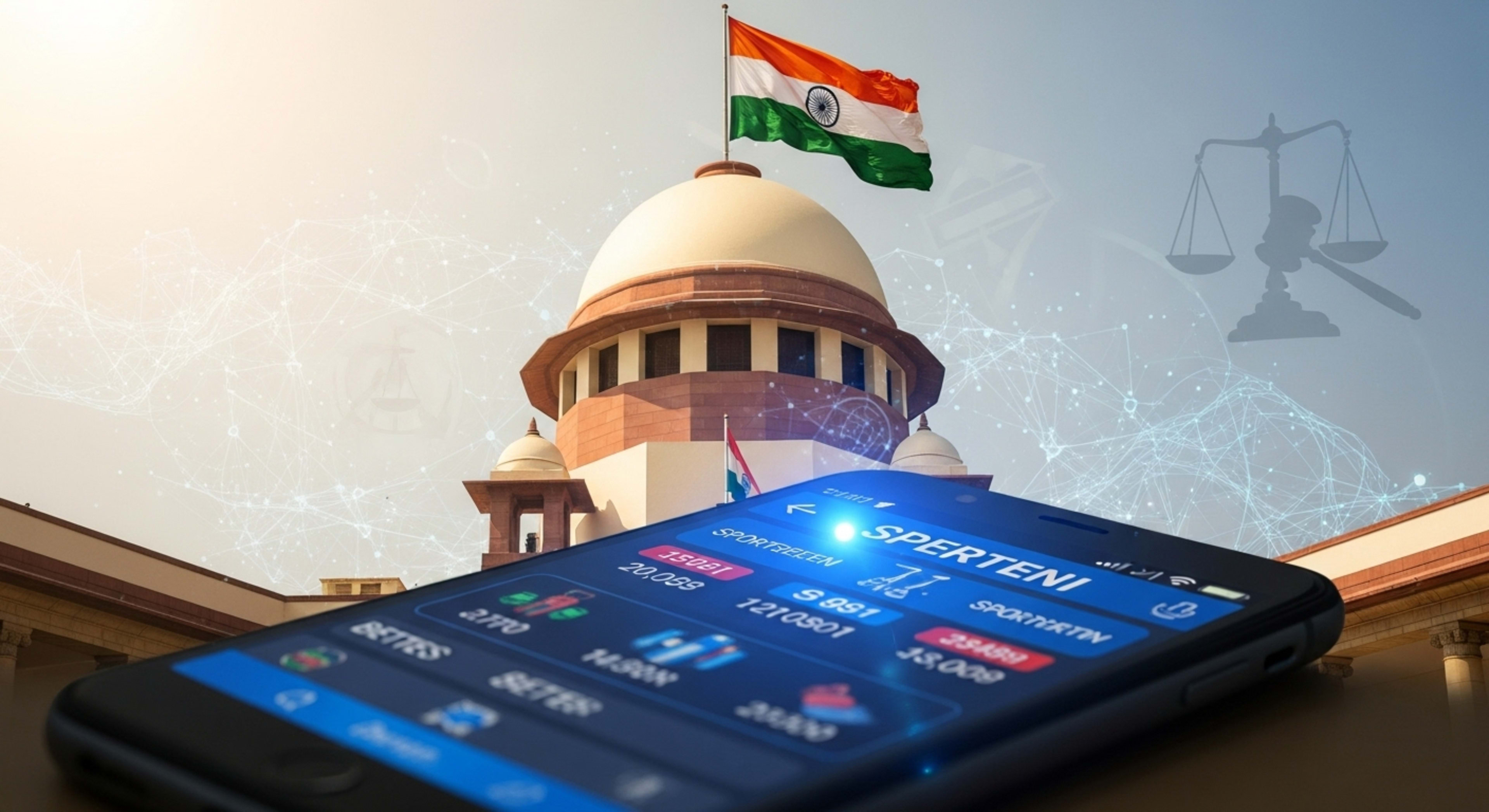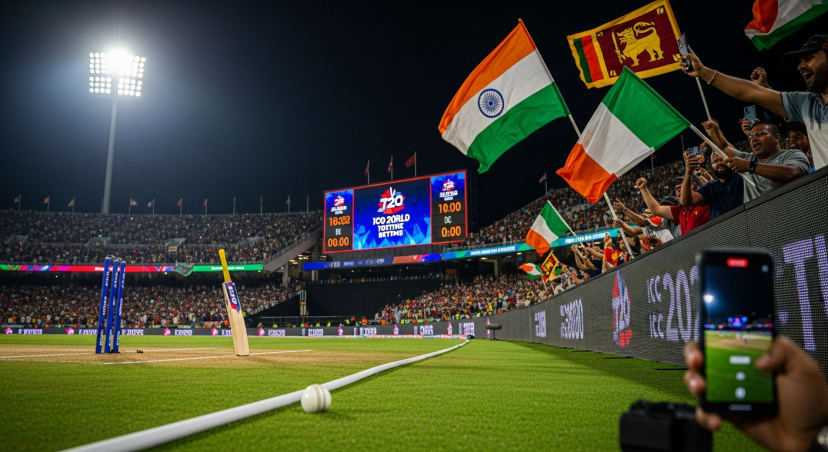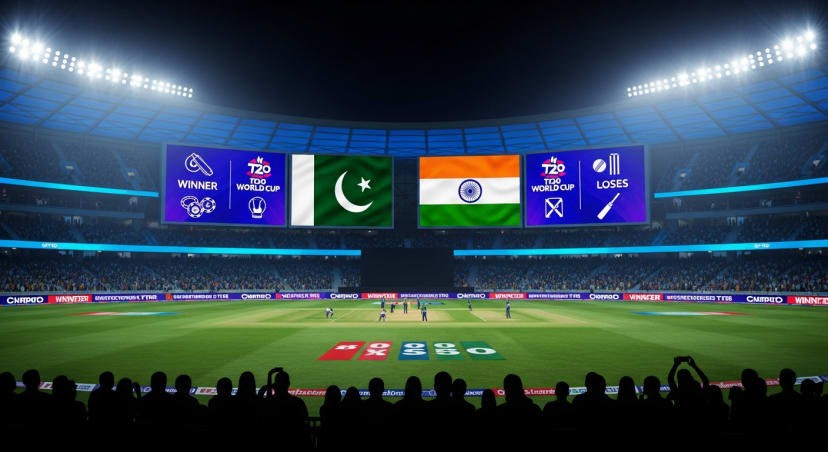India's Supreme Court Probes Online Betting Platforms

Recommended casinos
Key Takeaways:
- Supreme Court directs government response on petition to ban platforms disguising gambling as social or sports games.
- Focus on protecting minors and curbing illegal operations amid rising addiction concerns.
- Potential for stricter enforcement, echoing global pushes for clearer regulatory boundaries.
India's Supreme Court has directed the central government to respond within two weeks to a public interest litigation seeking a nationwide ban on online gambling and betting platforms that operate under the guise of social or sports games. The petition, filed by advocate Vishal Tiwari, argues that these platforms exploit regulatory ambiguities to target vulnerable users, including minors, leading to severe financial and psychological harm. Justices Hima Kohli and Sanjay Karol issued the notice during a hearing on November 3, emphasizing the need for urgent clarification on whether such activities fall under permissible "games of skill" or prohibited gambling.
The case highlights escalating tensions in India's fragmented iGaming landscape, where real-money gaming has boomed since the 2023 IT Rules amendments distinguished skill-based games from chance-based betting. However, platforms blending social features with wagering—such as fantasy sports contests—have proliferated, often evading oversight. Tiwari's plea cites data from the National Crime Records Bureau showing a 30% rise in gambling-related cyber complaints in 2024, alongside reports of youth indebtedness. It urges the court to declare these operations illegal under the Public Gambling Act, 1867, and direct the Ministry of Electronics and Information Technology (Meit Y) to enforce IP blocks and app store removals.
Government officials have acknowledged the issue's complexity. In a related development, the Enforcement Directorate (ED) was separately tasked by the court to trace and secure an absconding accused in the Mahadev betting app scandal, underscoring enforcement gaps. The app, raided in 2023, allegedly laundered over ₹5,000 crore through hawala networks. While no fines were imposed in this instance, the probe reflects broader efforts to dismantle underground networks.
Industry stakeholders, including the All India Gaming Federation, have welcomed judicial scrutiny but cautioned against overreach that could stifle legitimate skill-gaming firms valued at $3.1 billion in FY24. Operators like Dream11, which recently expanded fantasy sports to international betting markets following domestic real-money curbs, face renewed pressure to segregate offerings. Experts predict the government's response could propose a dedicated regulatory body, similar to Peru's recent tax reforms or the UAE's nascent iGaming hiring signals, balancing innovation with consumer safeguards.
This intervention comes amid global regulatory flux. In the Netherlands, the Kansspelautoriteit (KSA) intensified crackdowns on unlicensed ads, while New Zealand advances toward a 2026 licensed market. For Indian betting markets, with 185 million online gamers, the outcome could redefine platform compliance, mandating age verification, spend limits, and transparent odds disclosure. Failure to act risks further erosion of public trust, as evidenced by a 2025 KPMG report noting 15% of users under 18 engaging in disguised betting.
As the court reconvenes, the focus sharpens on bridging enforcement silos between Meit Y, the Ministry of Home Affairs, and state police. A favorable ruling for the petitioner could trigger immediate audits, compelling platforms to pivot toward non-wagering models or exit high-risk segments. Conversely, a nuanced government affidavit might introduce tiered licensing, fostering sustainable growth in a market projected to hit $9.2 billion by 2029. Either way, the decision will set precedents for emerging economies grappling with digital gambling's dual edges.








